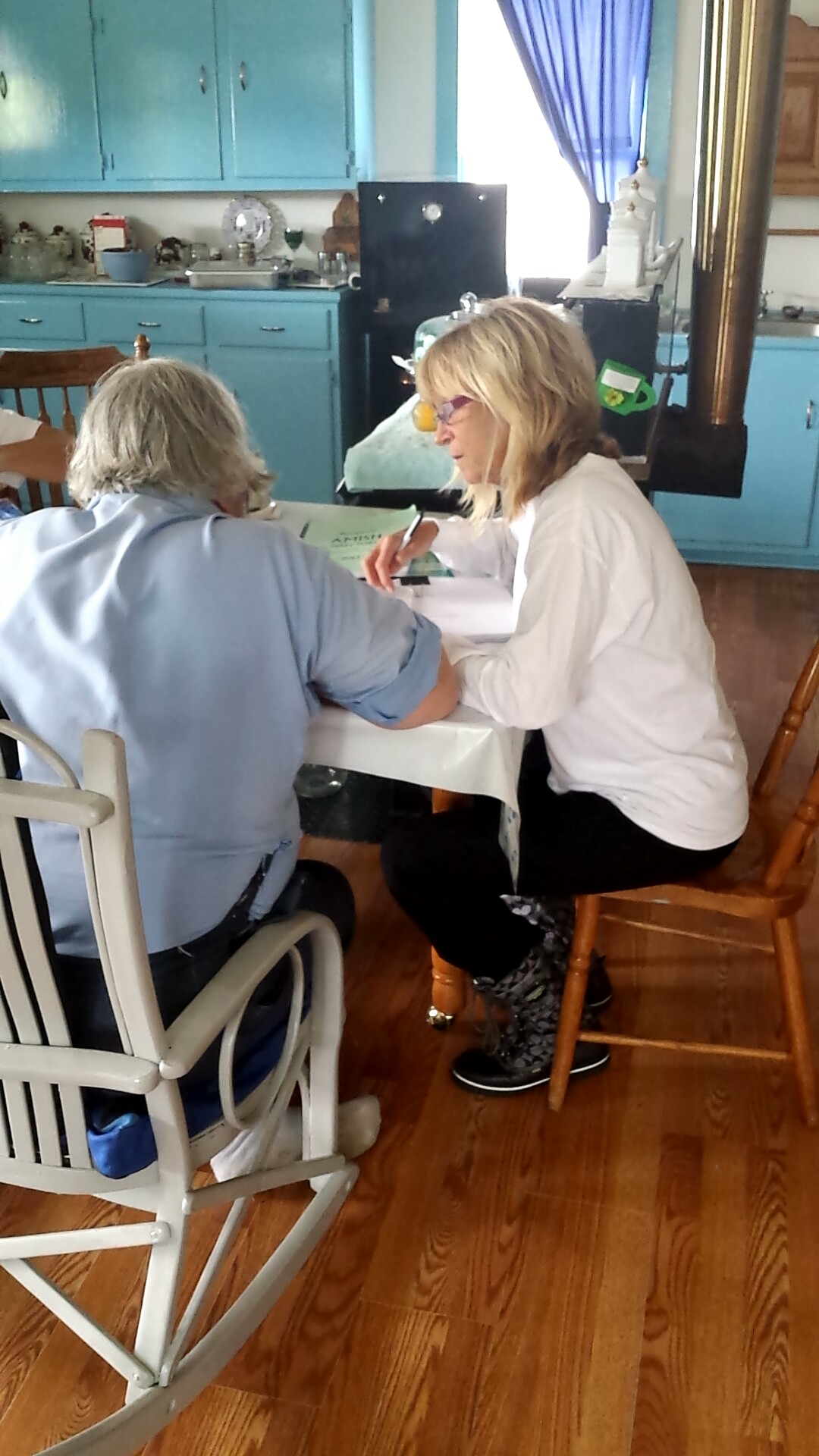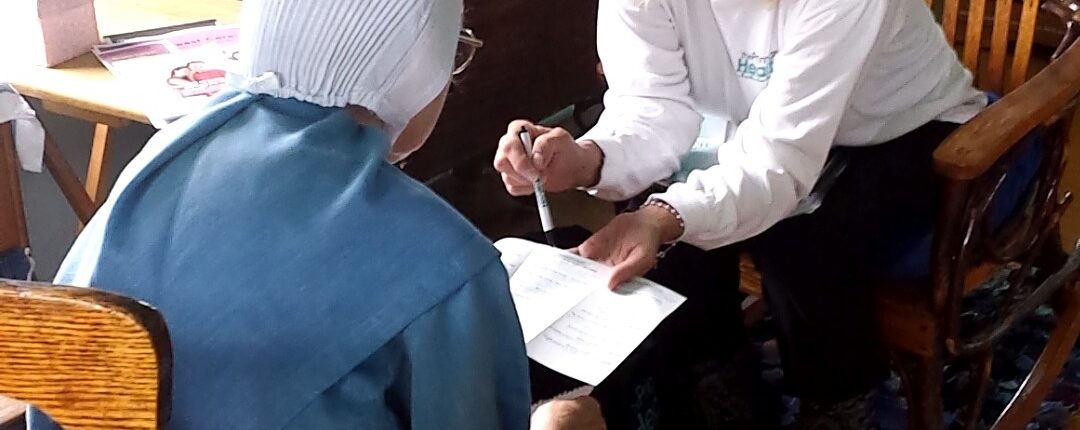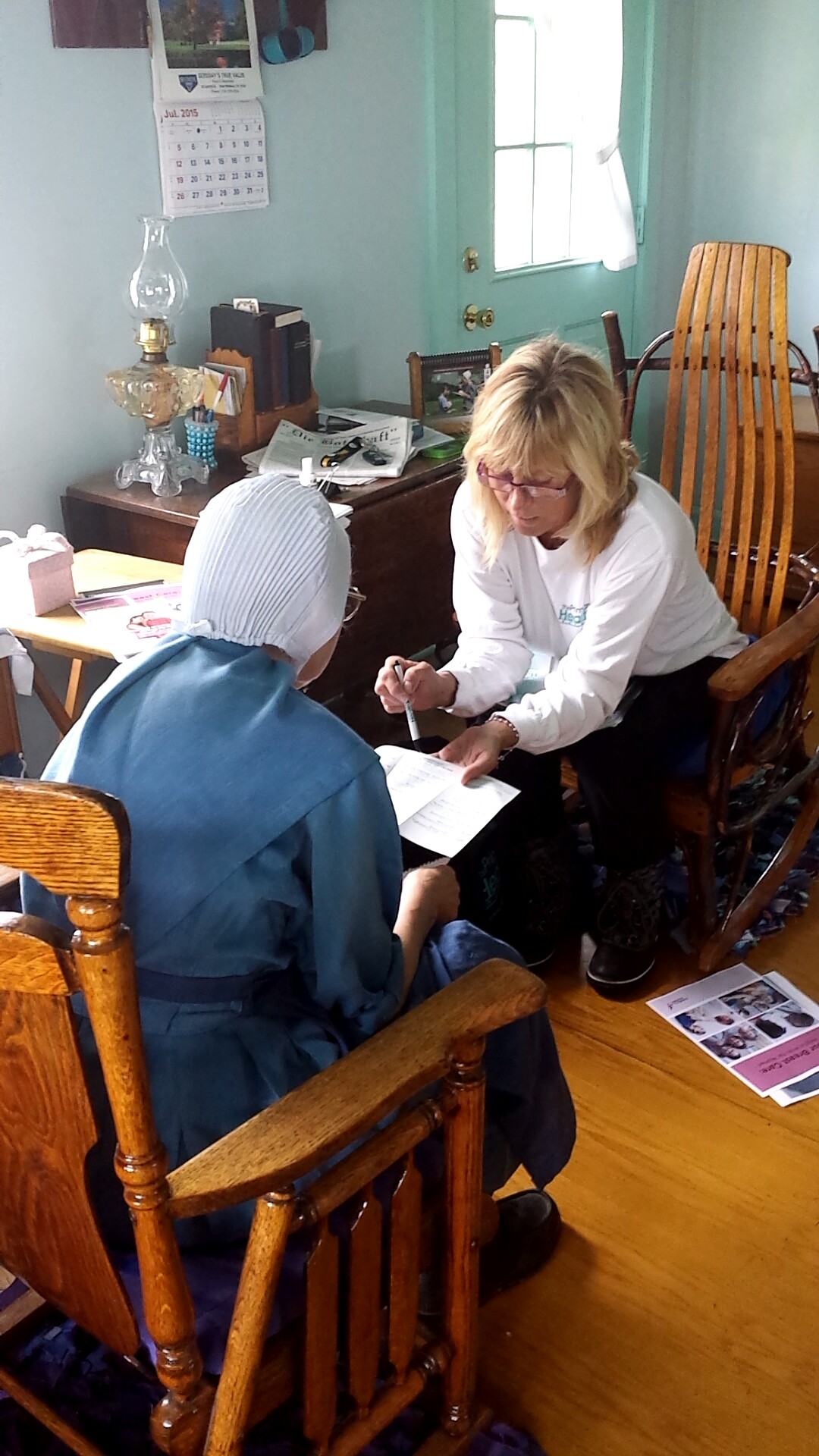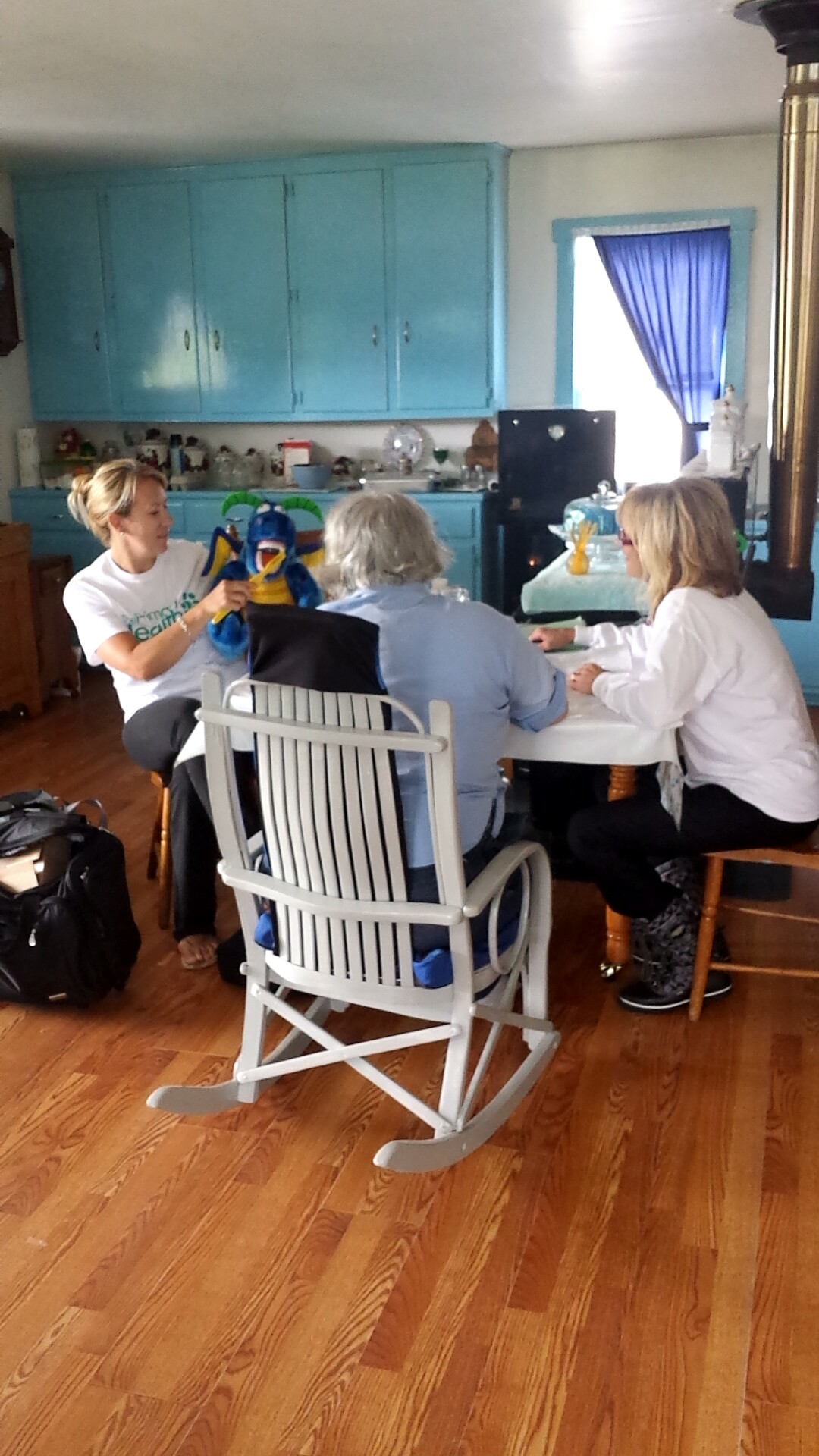The Primary Health Network (PHN) prides itself on servicing many populations, the Amish community being among them. Like any community, the Amish encounter many barriers to receiving quality health care. Cultural differences complicate access to health care for the Amish. To further complicate matters, they tend to be reactive, rather than proactive, only seeking care when a problem arises. In these instances, it can be a struggle to find appropriate, affordable treatment. However, PHN is able to overcome these barriers, providing much-needed care when it is most needed.As a Federally Qualified Health Center (FQHC), our organization is able to apply for federal grants that assist various underserved populations, such as the impoverished and uninsured. These special populations also include the Amish. Through these grants, we are able to educate Amish families on the importance of preventative care, addressing a significant cultural barrier. Additionally, through PHN’s Sliding Fee Scale, the noteworthy barrier of cost is effectively overcome. The Sliding Fee Scale is offered to all income-eligible uninsured or underinsured patients, based on annual household income, and can reduce the cost of services to as little as $0.Despite these advancements, other cultural barriers remain. The Amish are a very united, tight-knit culture, and they do not often trust those from outside the community. They are also slow to trust modern medicine. It took the dedication and perseverance of Bonnie Dickson, Primary Health Network Outreach Specialist, to break through those trust barriers. Bonnie has become a trusted liaison for PHN, connecting members of the Amish community to health care services.Through Bonnie’s efforts, as well as the support of various grant funding, PHN is able to extend various initiatives to this population. Through a grant awarded by the Susan G. Komen Foundation, Bonnie supplies the Amish with educational materials regarding breast cancer awareness, as well as connections to mammograms and other related services. Other grant funding supports education on the importance of oral hygiene, one-on-one instructional events that guide families to a healthier tomorrow. In 2014, hundreds of families were reached. Those numbers continue to rise with each passing year.It is The Primary Health Network’s mission to provide quality primary care and specialty services, in accordance with the needs of all individuals in every community we serve, leaving no one behind.


